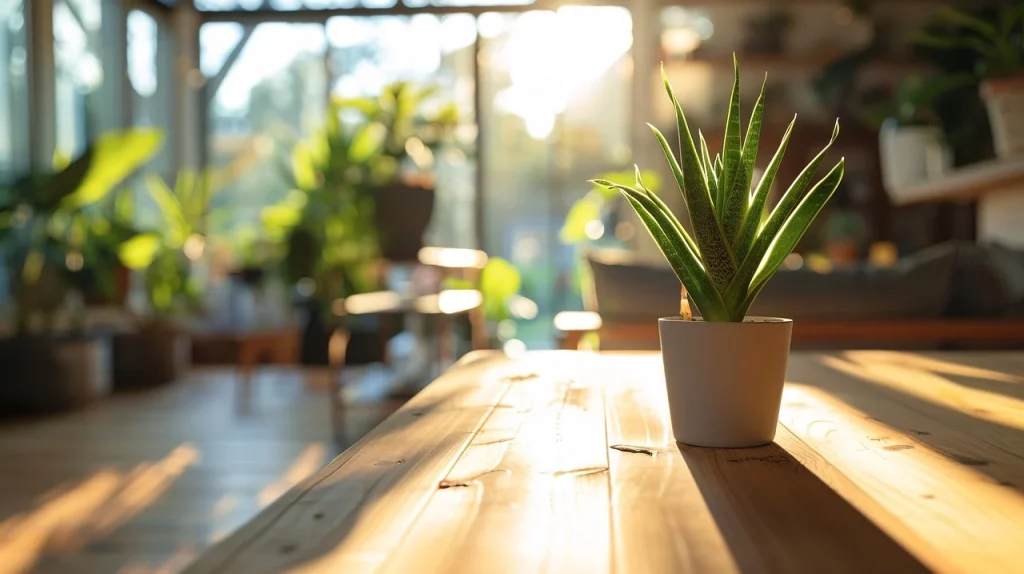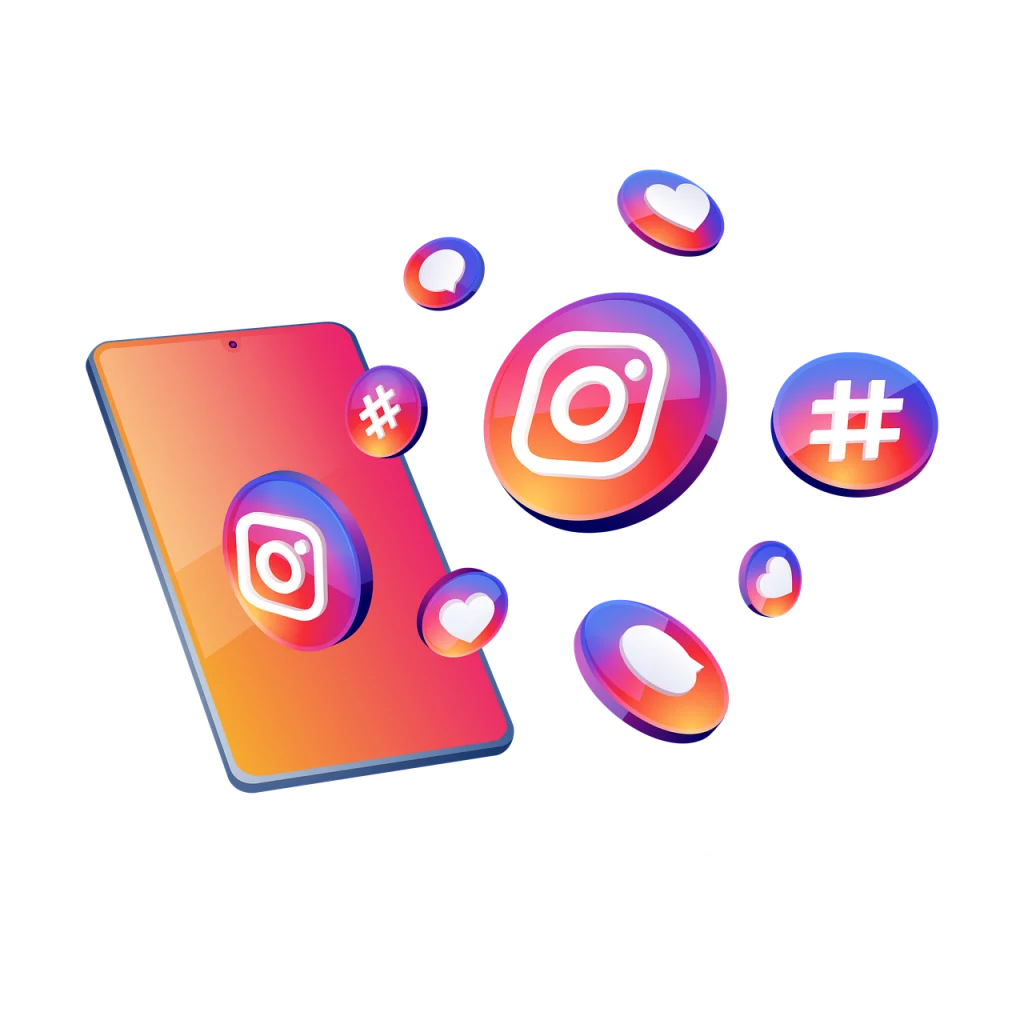A few days ago, I was sitting in a café, meeting up with a friend I haven’t known for very long. We had a nice break from the library, chatting about various things and, for a few hours, we forgot about studying and the fast-approaching midterm exams. One of the topics we discussed was interior design. We were dreaming about the perfect, most aesthetically pleasing apartment, and I just had to show her my Instagram folder, “My future home.” It’s filled with posts of cool architecture, clever interior design tips, and simply aesthetic examples. But this blog is not about my “small“ interior design obsession.

After going through the folder and freaking out about how beautiful everything was, she asked to see my profile. I initially didn’t feel like showing it, but of course, I did. My Instagram profile consists of seven posts. I’m most satisfied with the most recent one from 2023, but as I scroll down, I feel less satisfied with the older ones, despite the nostalgia and memories they bring.
It wasn’t a problem showing her my profile. We laughed a lot, and everything was great. However, when I thought about what to write this week, I kept reflecting on that moment, especially one sentence: “I would never have recognized you in this photo; I wouldn’t have associated the profile with you at all.”
Does my Instagram-self match my offline-self?
Convergence or differentiation of my Instagram and offline selves over the years?
My first instinct would be to assume that my online and offline selves have grown closer over time. After all, I now live a much more digital life than I did when I first posted on Instagram. I spend more time on screens, in many areas of life. As a result, there should be more digital data about me circulating, and my Instagram feed — including the ads — reflects this connection. So, it must present a more detailed and diversified picture of me now. In general, the internet doesn’t forget, and I’ve only added more data over the years.
But when I look at my more visible data — my posts — a different picture emerges. In the past, I uploaded many more pictures and stories to my profile. Overall, my interaction with and presentation of myself on Instagram was much more important to me than it is today.
I can’t say whether the decrease in visible data (my posts) compensates for the increase in hidden data (interests, search history, etc.). However, the reduction in my posts highlights an interesting shift in the role I play on Instagram.

Changing my role on Instagram
A social role, as Dahrendorf (own translation) puts it, is:
“a bundle of behavioural expectations, consisting of specific norms, which are brought to bear on holders of certain social positions by a reference group (or several reference groups).”
The behavioural expectations I used to associate with an Instagram role were to be active: posting frequently, sharing stories, commenting, and forwarding posts to friends.
However, Goffman’s more dynamic role theory better describes how my role has evolved over time. He suggests that while there is a predetermined behavioral pattern, it only comes to life through performance, and the outcome may vary. In the early days of using Instagram, I felt comfortable being active and genuinely portrayed myself. But over time, it turned into a more cynical performance, where I acted that way because I believed it was expected of me. Eventually after years, I realized I couldn’t convincingly play such an active role anymore. So, I’ve let go of that role entirely, becoming more of a passive consumer instead of a producer, which I can perform more honestly.
When I only focus on these role changes, my more passive Instagram role now better aligns with my introverted offline-self than the active role ever did.
Do you also know some Instagram role changes or any other?
Bibliography:
Dahrendorf, R. (1977). Homo sociologicus: Ein Versuch zur Geschichte, Bedeutung und Kritik der Kategorie der sozialen Rolle (15th ed.). Opladen.
Goffman, E. (1959). Wir alle spielen Theater: Die Selbstdarstellung im Alltag. München.



When I first started using Instagram I posted a lot more than I do now. Now I feel this kind of pressure when clicking on that button. I sometimes even get stressed because of how many likes I get. Even if no one is looking at my likes I still feel observed..